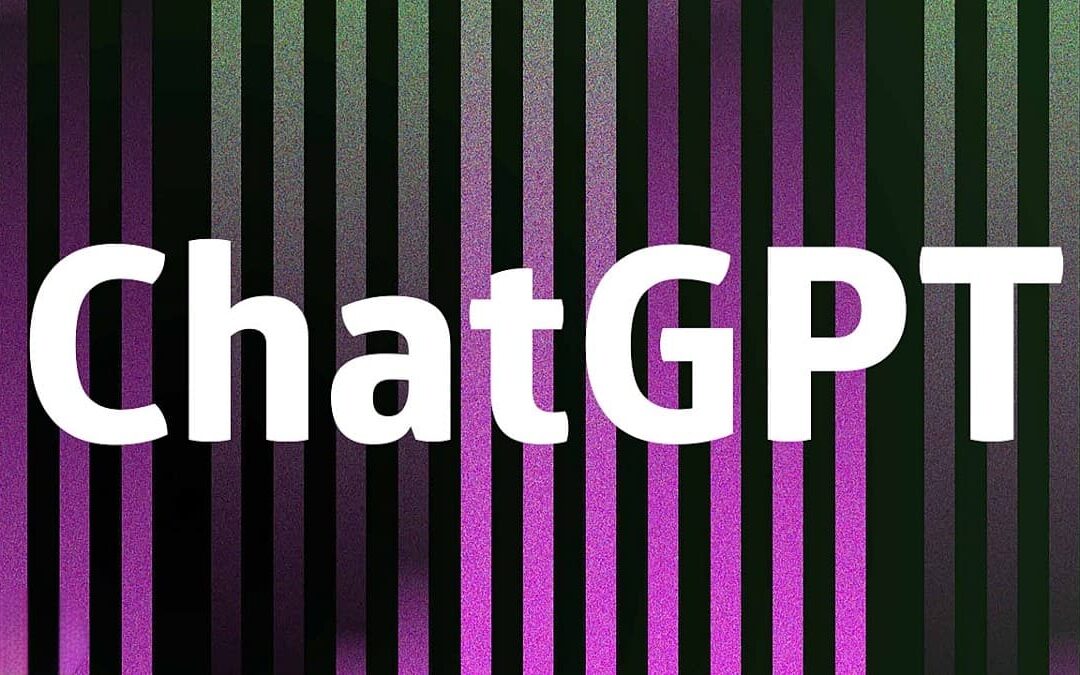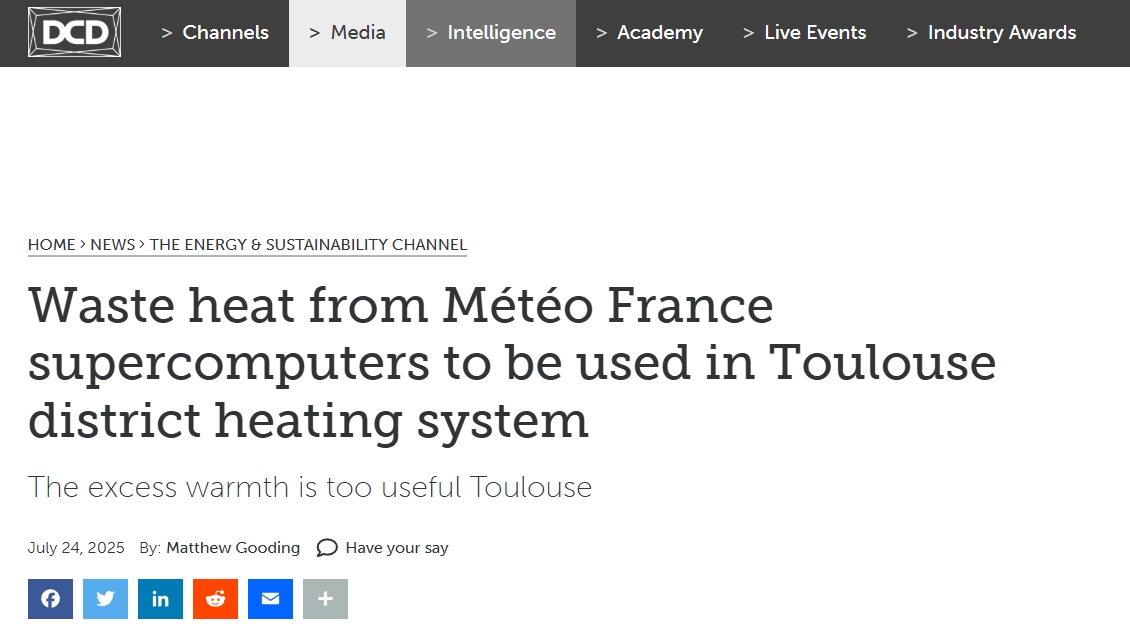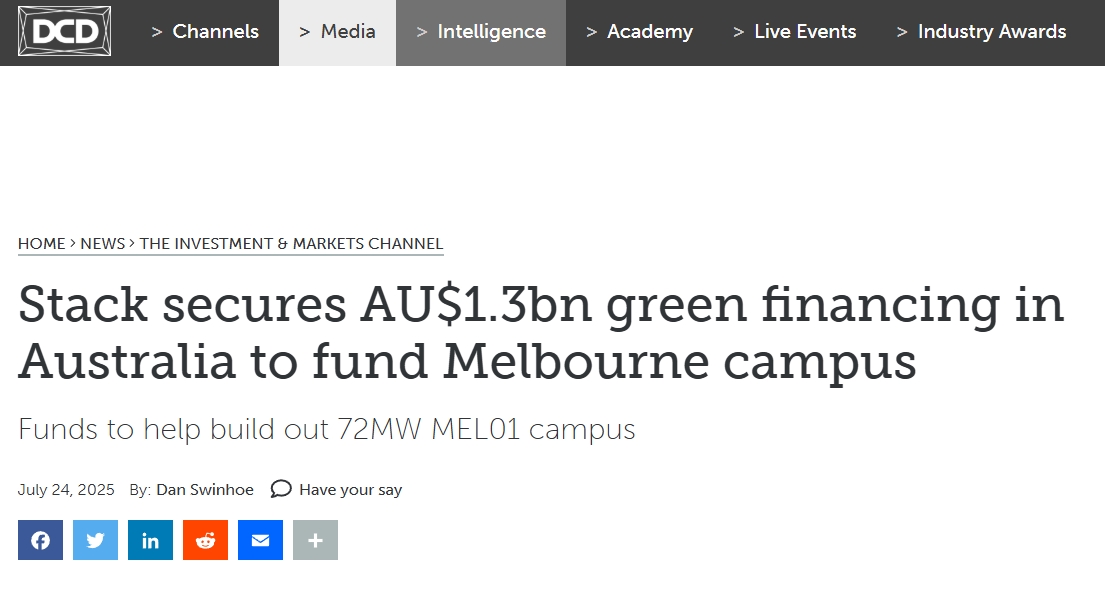Chinese technology giants including internet search firm Baidu and TikTok owner ByteDance are wading deeper into artificial intelligence with new products like AI art generators as a warm-up for upcoming ChatGPT-style services.
While Baidu has committed to releasing its own ChatGPT alternative Ernie Bot as early as next month, it also unveiled a less sophisticated chatbot last week called Xiaokan Planet. The app offers users two virtual companions who can send text messages and use voice messages to lull people to sleep or wake them up.
Xiaokan started as a feature of Baidu’s virtual keyboard app last year. It is now being spun off into a dedicated app as the search giant tries to gain more traction in the AI industry amid a frenzy of interest ignited by ChatGPT, which San Francisco-based start-up OpenAI launched last November.
A Baidu representative said Ernie Bot will be accessible through chatting with Xiaokan, “to have richer forms of interaction with users”.
Baidu has for years been making efforts to become China’s AI powerhouse by investing trillions of yuan into developing models for use cases such as autonomous driving. In 2021, the company unveiled its Ernie 3.0 Titan pre-trained language model with 260 billion parameters.
PaddlePaddle, an open-source deep learning platform launched in 2018, had the largest market share in the country in terms of usage as of last July, according to the China Academy of Information and Communications Technology.
China’s internet search king still regards itself “as the best representative of the long-term growth of China’s AI market”, according to an internal letter that co-founder and CEO Robin Li Yanhong sent employees last week.
ByteDance has also been looking to level-up its AI capabilities, which today are best known for powering the recommendation system behind the viral success of TikTok and its Chinese version Douyin.
It has most recently put its AI prowess to work in a new product called “AI painting” in the news aggregation app Jinri Toutiao, which turns any photo into an image that looks like a painting.
It was originally a video filter on Douyin and has been used by more than 30 million people, according to Douyin data.
Food delivery giant Meituan rolled out a similar AI-powered art generator a month ago as a game within its flagship delivery app. Unlike ByteDance’s filter, Meituan users cannot feed the art generator their own images.
They must select the style from one of the dozens of paintings provided and can pick the objects they want to be featured in the image.
The popularity of ChatGPT has put a spotlight on generative AI products that can produce a wide variety of content.
The hit chatbot is not officially available in China, but some people have been using workarounds to try it out. It has caused such a stir in the global tech industry that Chinese firms have been racing to roll out their own versions.
Industry titans Alibaba Group Holding and Tencent Holdings have also both touted plans for their own AI chatbots. Alibaba, owner of the South China Morning Post, said it is testing a ChatGPT-like service.
Tencent has set up a team to develop a chatbot called HunyuanAide, tech news outlet 36kr reported on Monday. The social media and video gaming giant previously said it has laid out a strategy for related research and technology, which it will advance in an orderly manner.








